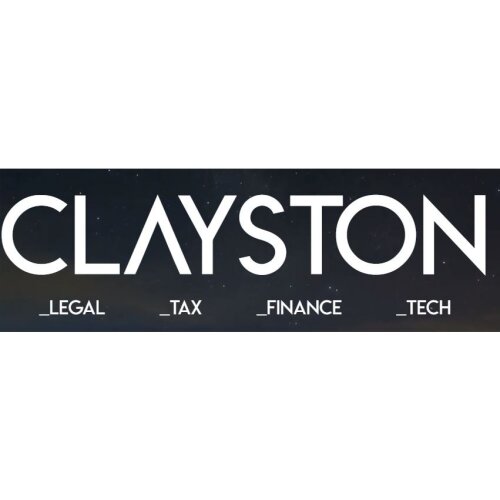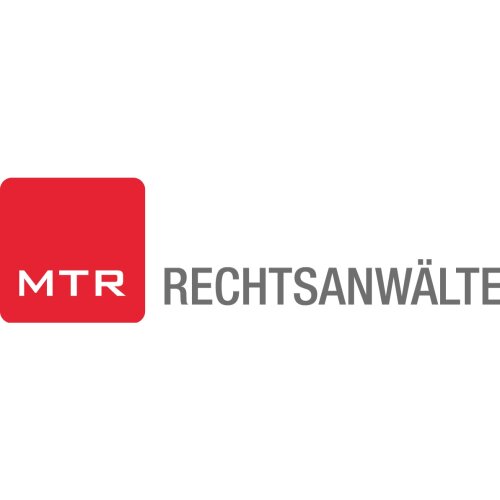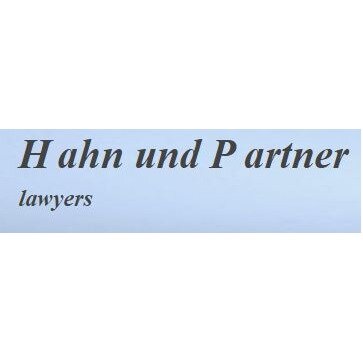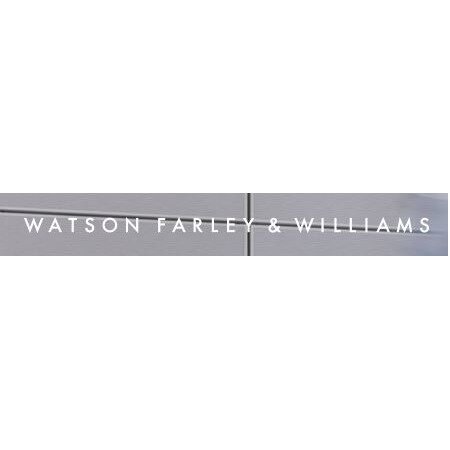Best Public-Private Partnerships (PPP) Lawyers in Hamburg
Share your needs with us, get contacted by law firms.
Free. Takes 2 min.
List of the best lawyers in Hamburg, Germany
About Public-Private Partnerships (PPP) Law in Hamburg, Germany
Public-Private Partnerships (PPP) are collaborative agreements between public entities and private sector companies to finance, build, and operate projects that provide public services or infrastructure. In Hamburg, Germany, PPPs are commonly used in sectors such as transport, education, energy, and urban development. These partnerships allow the city to leverage private investment and expertise to deliver large-scale projects more efficiently. The PPP framework in Hamburg is shaped by a mix of European Union law, German federal legislation, and specific regional regulations designed to ensure transparency, fair competition, and protection of public interests.
Why You May Need a Lawyer
There are several situations where legal advice is crucial in the context of Public-Private Partnerships in Hamburg. Common reasons to consult a lawyer include:
- Navigating complex contract negotiations between public authorities and private firms.
- Understanding procurement and tendering procedures to ensure compliance with local and EU laws.
- Addressing disputes related to contract performance, financing arrangements, or regulatory compliance.
- Assessing and mitigating project risks, especially related to construction, operation, or revenue sharing.
- Ensuring environmental, social, and labor law compliance throughout the project lifecycle.
A lawyer with expertise in PPP law can help safeguard your interests, ensure legally valid agreements, and facilitate smooth project execution by resolving legal uncertainties at every stage.
Local Laws Overview
PPP arrangements in Hamburg are governed by multiple layers of law: European Union directives on public procurement, German federal legislation, and specific local ordinances. Key aspects include:
- Procurement and Tendering: Hamburg follows the Vergaberecht (public procurement law), ensuring transparent and competitive selection of private partners. Projects above certain thresholds are subject to EU directives.
- Contractual Frameworks: PPP contracts must clearly define responsibilities, risk sharing, performance criteria, and mechanisms for dispute resolution. Legal scrutiny ensures that public interests are safeguarded throughout the partnership.
- Regulatory Oversight: Hamburg's government agencies oversee all major PPP projects, with additional controls on financial structuring, accountability, and public benefit.
- Environmental and Social Standards: Projects must comply with German and EU environmental regulations, as well as local statutes regarding social impact and worker protection.
Given the regulatory complexity, professional legal advice can be critical to successful project delivery.
Frequently Asked Questions
What is a Public-Private Partnership (PPP)?
A PPP is a collaboration where a government entity and a private sector company jointly finance, deliver, and operate a project or service for public benefit.
Which sectors use PPPs in Hamburg?
Common sectors include transport infrastructure, schools and universities, energy projects, waste management, and urban development.
How is partner selection carried out?
Selection typically follows an open and competitive public procurement process, as required under German and EU laws, to ensure transparency and fair competition.
Are PPP contracts standardised?
While there are common principles, each PPP contract is bespoke, depending on project complexity, risk allocation, and the needs of both partners.
Can foreign companies participate in PPP projects?
Yes, EU and often non-EU companies can participate, provided they meet the tender requirements and comply with local legal frameworks.
What are key risks in PPP projects?
Key risks include construction delays, financing problems, regulatory changes, and disputes over contract terms or project performance.
Who oversees PPP projects in Hamburg?
Local government bodies, such as the Hamburg Senate and relevant city departments, supervise PPP projects alongside state and federal authorities.
How are disputes resolved?
Most contracts specify dispute resolution mechanisms such as mediation, arbitration, or recourse to German courts for unresolved issues.
Are there special environmental requirements for PPP projects?
Yes, strict environmental laws at local, federal, and EU levels apply to all major PPP projects, requiring robust impact assessments and compliance monitoring.
How long do PPP projects typically last?
Project duration varies by sector and scope. Many PPP agreements run between 10 and 30 years, reflecting the long-term partnership needed for infrastructure and service delivery.
Additional Resources
If you are seeking more information or legal guidance on PPPs in Hamburg, consider reaching out to:
- Hamburg Chamber of Commerce - Offers guidance on business and partnership structures.
- Hamburg Senate - The city's executive body providing information on public projects, procurement, and regulations.
- Federal Ministry for Economic Affairs and Climate Action (BMWK) - Publishes resources and policy updates on PPP frameworks.
- German Institute for Urban Affairs (Difu) - Research and best practice guides on urban PPPs.
- Professional associations and local law firms specializing in construction, procurement, and public law.
Next Steps
If you require legal assistance in relation to a PPP project in Hamburg, start by documenting your specific needs and collecting any available project information or contract drafts. Seek out law firms or independent legal advisors with specialized expertise in PPP law, public procurement, and German contract regulations. Request an initial consultation to assess your case, identify potential legal issues, and discuss strategies for risk management and compliance. Early legal advice is often the key to avoiding costly mistakes and ensuring the successful execution of your public-private partnership.
Lawzana helps you find the best lawyers and law firms in Hamburg through a curated and pre-screened list of qualified legal professionals. Our platform offers rankings and detailed profiles of attorneys and law firms, allowing you to compare based on practice areas, including Public-Private Partnerships (PPP), experience, and client feedback.
Each profile includes a description of the firm's areas of practice, client reviews, team members and partners, year of establishment, spoken languages, office locations, contact information, social media presence, and any published articles or resources. Most firms on our platform speak English and are experienced in both local and international legal matters.
Get a quote from top-rated law firms in Hamburg, Germany — quickly, securely, and without unnecessary hassle.
Disclaimer:
The information provided on this page is for general informational purposes only and does not constitute legal advice. While we strive to ensure the accuracy and relevance of the content, legal information may change over time, and interpretations of the law can vary. You should always consult with a qualified legal professional for advice specific to your situation.
We disclaim all liability for actions taken or not taken based on the content of this page. If you believe any information is incorrect or outdated, please contact us, and we will review and update it where appropriate.












